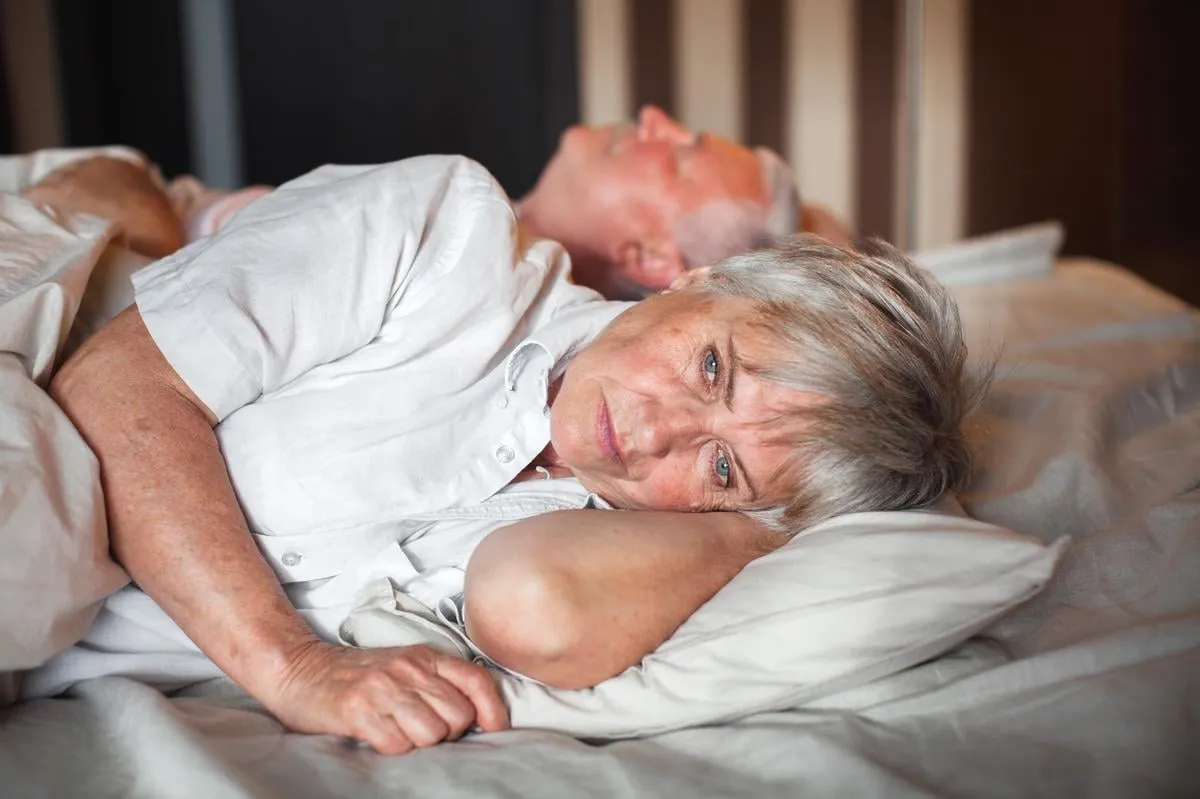Understanding Sleep Disorders in Stroke Survivors

The Connection Between Stroke and Sleep Disorders
News on sleep disorder reveals alarming statistics: less than half of stroke survivors maintain a normal sleep pattern. Normal sleep is defined as between six to eight hours each night. Yet, among the nearly 1,600 stroke patients studied, a significant number experienced either excessive sleep or sleep deprivation.
Impact of Sleep Quality on Recovery
Dr. Sara Hassani, the study's lead author from Duke University School of Medicine, emphasizes, “Sleeping the right amount is considered essential for ideal brain and heart health.” It’s crucial, as both prolonged and insufficient sleep can hinder recovery and degrade quality of life.
Prompting a Holistic Approach
- We must educate patients about sleep hygiene.
- Screening for sleep disorders should become routine for stroke survivors.
- Improving sleep habits can lead to better recovery outcomes.
Disclaimer: The information provided on this site is for informational purposes only and is not intended as medical advice. We are not responsible for any actions taken based on the content of this site. Always consult a qualified healthcare provider for medical advice, diagnosis, and treatment. We source our news from reputable sources and provide links to the original articles. We do not endorse or assume responsibility for the accuracy of the information contained in external sources.
This article was prepared using information from open sources in accordance with the principles of Ethical Policy. The editorial team is not responsible for absolute accuracy, as it relies on data from the sources referenced.